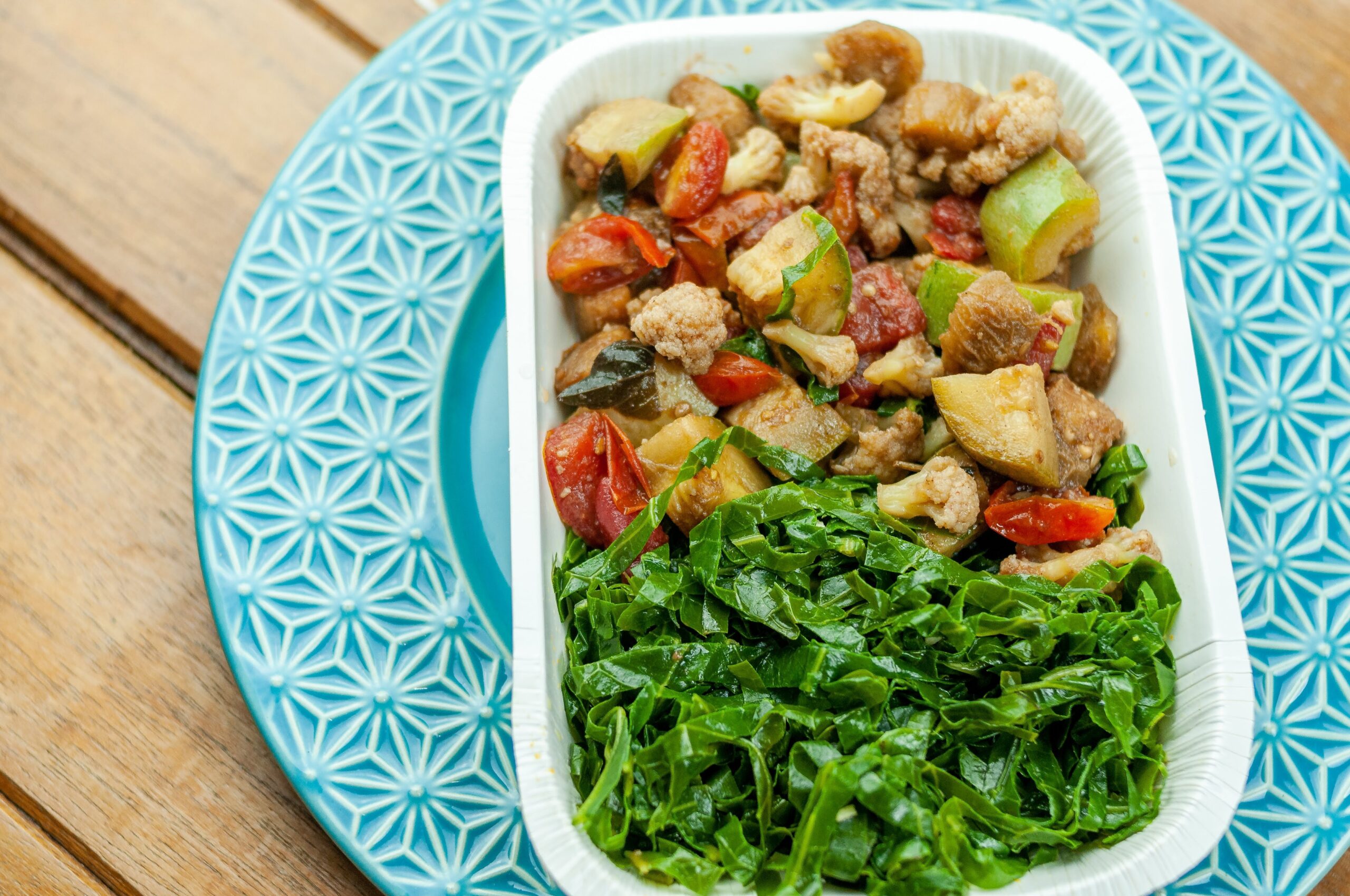
Medicinal Properties of Seaweed
Different cultures celebrate their birthdays with various foods and activities. In France, they eat a delicious treat called croquembouche. In Mexico, the children celebrate by breaking the piñatas. In England, they prepare and eat fortune-telling cake. The list goes on and on, but in my hometown, South Korea, we celebrate by eating seaweed soup. The origin of this tradition dates back to the 8th century after observing the mother whales eating seaweed to recover from delivering a baby whale (Jennifer, 2018). Until today, mothers ate seaweed soup to recover from postpartum. Another reason for mothers to eat seaweed soup was lactation. So to commemorate the mothers, Koreans adapted the tradition by eating the same food that their mothers ate postpartum.
In biology, there is a saying that “the sea is the source that all things arise from and return to” (Pitchford, 2002). There is evidence and theories of the earliest forms of life through prokaryotes that survived on carbon compounds in the oceans. The same concept applies to human beings as well. The human body develops in a saline solution in the womb and is nourished by the blood that has a similar composition to seawater. The seaweed absorbs the minerals and traces elements in the seawater into its tissue cells. Thus, it contains 10–20 times the minerals of land, vitamins, and trace elements that support and detoxify the body.
There are over ten thousand species of seaweed, and they are classified by colors that correspond to the plant’s photosynthesis. They are differentiated by their light exposure, depth, temperature, pigmentation, and more. However, they all have the same general medicinal properties.
Medicinal Properties of Seaweed
Seaweeds, or sargassum, have a cooling thermal nature and are salty (Pitchford, 2002). They soften the hardened masses in the body and are used to treat nodules, lumps, goiters, swollen lymph glands, and swellings. They improve the water metabolism and clean the lymph fluids. In addition, it alkalizes the blood and removes residues of radiation in the body by detoxifying and transforming toxic metals into harmless salts that are then excreted through the intestines. Seaweeds are used in conditions of hypothyroidism because they contain high levels of iodine. Also, research shows that seaweed reduces the risk of cardiovascular and diabetes mellitus because it lowers cholesterol and fat in the blood (Kim et al., 2008). They contain mucilaginous gels such as agar, algin, and carrageenan that rejuvenate the lungs and gastrointestinal tract. They are also excellent sources of calcium and iron. In Traditional Chinese Medicine, seaweed is known as “Hai Zao” and there are no known contraindications to this herb. There are more known benefits to its medicinal properties, so why not incorporate them into your meals?
What are the ingredients in Seaweed Soup?
The seaweed soup is generally accompanied by some form of protein, including beef, mussels, prawns, or tinned tuna. Adding salt, soy sauce, garlic, and roasted sesame oil to the soup makes it taste better.
Famous Korean Seaweed Soup Recipe
Ingredients:
- Dried Seaweed 25g
- Beef 150-200g
- Sesame Oil
- Soy Sauce
- Minced garlic
- Anchovy fish sauce
- Salt and black pepper
- Water
Directions:
- Wash the dried seaweed and soak it in the water for an hour.
- Marinate the beef with 1 spoon of soy sauce, 1 spoon of sesame oil, and black pepper.
- Cut the seaweed into bite-size pieces.
- Add 2 spoons of sesame oil to the pot and roast the marinated beef on low heat.
- After a few minutes, add 3 spoons of soy sauce to the pot along with the seaweed.
- When the meat is all cooked, add 11 cups of water and boil.
- Lastly, add 1 spoon of minced garlic, 1 spoon of anchovy fish sauce, and a little bit of salt, and boil for about 30 more minutes on medium heat.
Enjoy a healthy and nutritious bowl of hot seaweed soup!
References
Jennifer. (2018). Why do koreans eat seaweed-soup on their birthday? iSeodang Korean Language Center. https://iseodang.com/korean-culture/why-do-koreans-eat-seaweed-soup-on-their-birthday
Kim, M. S., Kim, J. Y., Choi, W. H., & Lee, S. S. (2008). Effects of seaweed supplementation on blood glucose concentration, lipid profile, and antioxidant enzyme activities in patients with type 2 diabetes mellitus. Nutrition research and practice, 2(2), 62-67. https://doi.org/10.4162/nrp.2008.2.2.62
Pitchford, P. (2002). Seaweeds. In Healing with whole foods: Oriental traditions and Modern Nutrition, 1(3), 580-595. North Atlantic Books.


